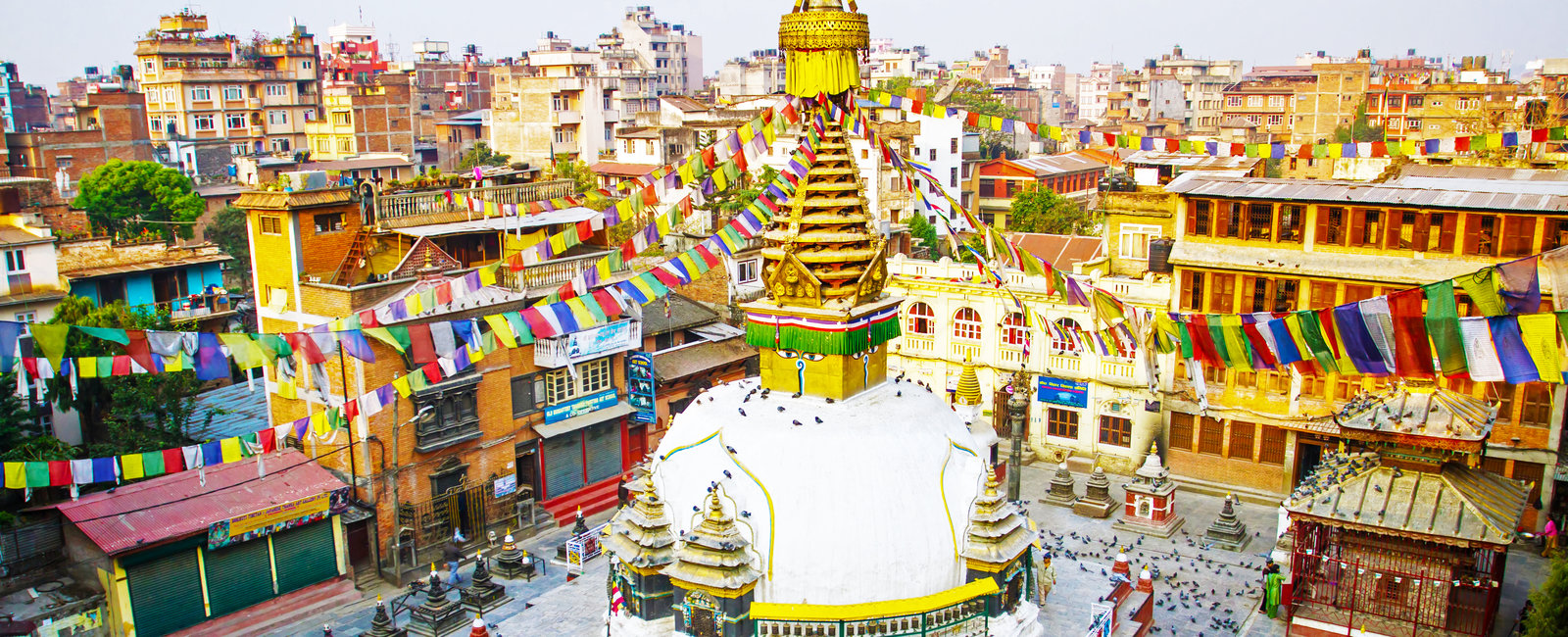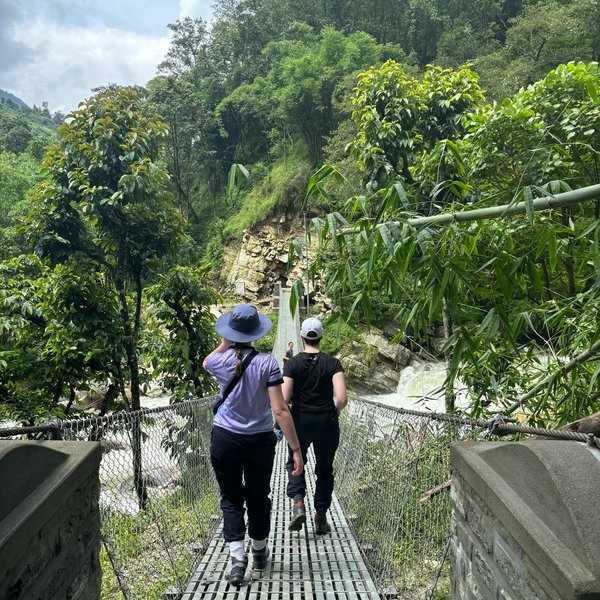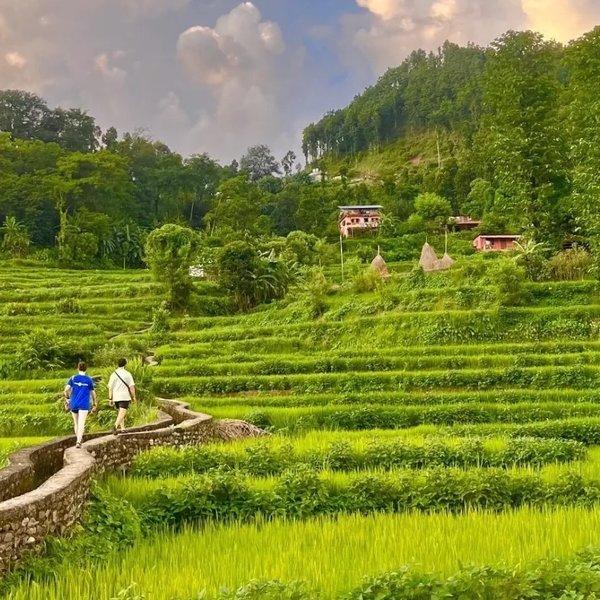University of Queensland 2018
Nepal was always at the top of my list for an overseas medical placement. Ever since I was a kid, I’d always been fascinated by Mount Everest and the scenic mountain villages that spring to mind when you think of Nepal. However, my arrival in Kathmandu kind of blew these expectations out of the water. I knew that Kathmandu was busy, but I wasn’t prepared for the millions of people who reside there. Taking time to walk the streets revealed a city that valued both history and progress; with ancient temples neighboured by newly-built hotel buildings. It’s a fascinating city!
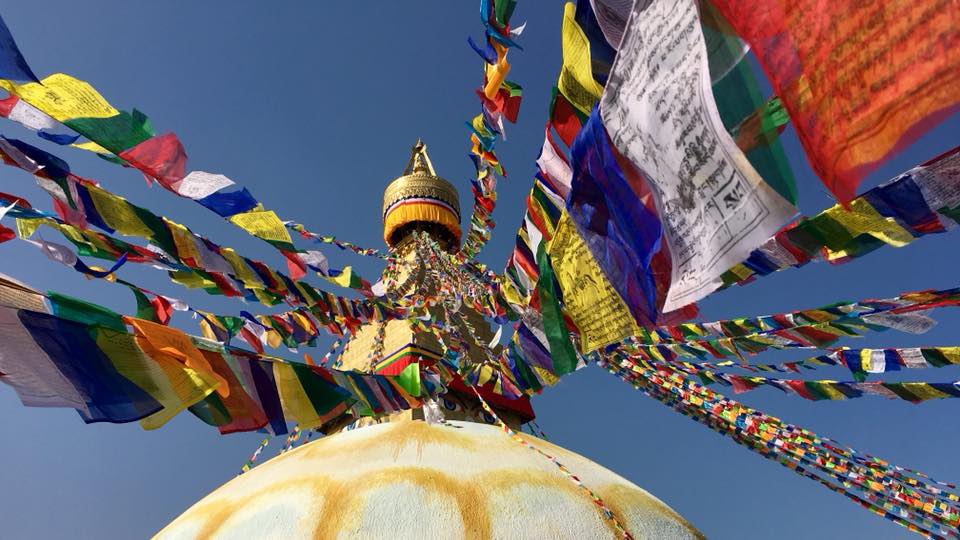
With regards to my initial planning, I was very impressed by the ‘MyTrip planner’ that was at my disposal. There was a wealth of information available; ranging from what to bring, to how to speak the language, and so much more. There was an online timeline meaning that I remembered to actually plan ahead and not leave everything to the last minute.
Funding for my trip was super-easy, as I made use of the OS-HELP loan offered through my university, specifically for study in Asian countries. I was granted around $8,000 AUD, which more than covered my major expenses ($1000 for flights, $3500 for the trip itself, and extra for other various things), and made affording everything simple.
When I finally arrived in Kathmandu Airport for my Work the World placement, I was full of anticipation. From there, I stepped outside into the warmer-than-expected Nepalese early afternoon sun. I was relieved to see the Work the World (WtW) driver wave me over to the car, and greeted by the lovely Assistant Programme Manager, and another student who had arrived not long before me. After a long (though interesting) drive through the streets of Kathmandu, we finally arrived at the house. It certainly looked the part; with multiple terraces, a beautiful dining room, hot showers, and numerous bedrooms.
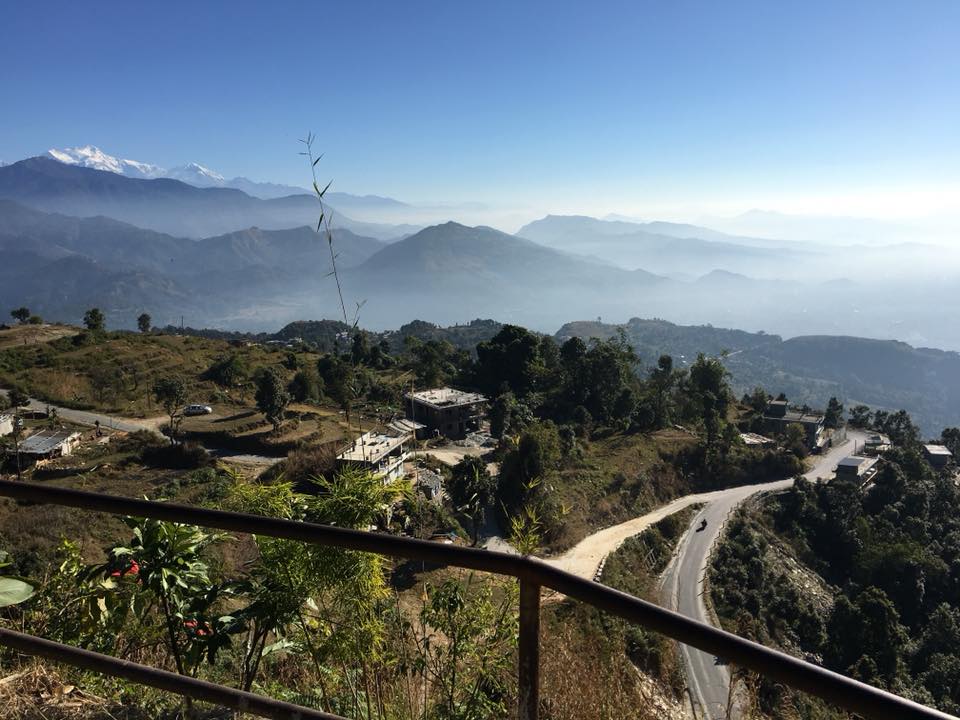
On arrival, many of the other students were in Pokhara for the weekend; so it was quiet for a while, and the house staff were all lovely and welcoming. Everything went quickly from there; introductions, a beautiful dinner, a warm shower, a few chats, and then bed.
The following day started slowly, before launching straight into a tour of the city by a WtW staff member. A rickshaw ride through the streets, and a journey home in a ‘tuk tuk’! After a whirlwind first 24 hours in Nepal, I felt thoroughly welcomed.
My first day in the hospital in Kathmandu was very interesting. Culturally, it was interesting to engage with the hospital staff. The majority of them spoke excellent English and were more than willing to discuss cases and healthcare with me. For the most part, there were very few barriers. Learning some Nepalese language basics also goes a long way; how to greet, thank and ask for permission, for example, were very helpful. That said, there were some noticeable differences in culture when comparing theirs to my own.
For example, doctors are respected more highly in Nepal that I can recall ever seeing in Australia. They wear white coats practically everywhere (and, as we students wore them too, we were often treated with greater respect than perhaps we deserved!) and are generally viewed very highly. Of course, doctors are respected in Australia too, but we noticed a marked difference. It can also be said that relations between staff members seemed somewhat more casual than in Australia. I recall several occasions of consultant surgeons, nurses, and ward staff sharing a cup of (very sugary!) tea together and laughing about something in Nepalese. Compare this to the common view of a consultant with team in Australia which would be a more formal relationship.
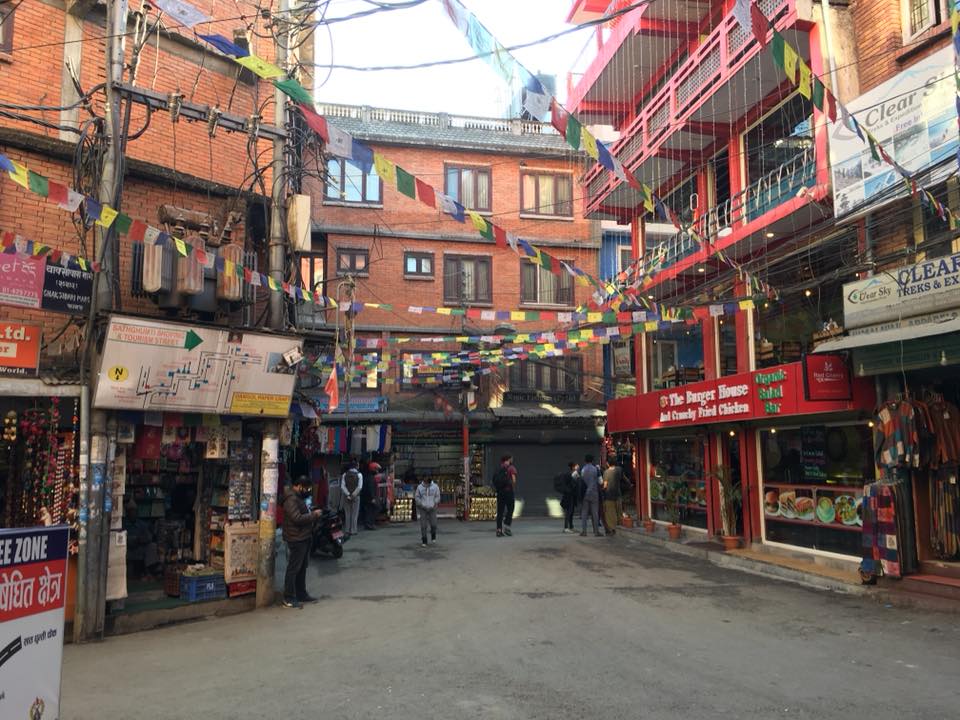
In terms of experiences, there were several in particular that stood out from the rest. I witnessed two emergency craniotomies (cutting open the skull to expose the brain) while in the operating theatre. One was a suspected alcohol-overdose, and the other was, sadly, a 13 month-old child. The procedures were fascinating, but confronting. It was an honour to watch the skilled surgeons work.
While in the emergency department, I witnessed a case of abdominal/gastrointestinal TB (tuberculosis). In Western countries we’re very familiar with respiratory TB, and meningeal TB and spinal TB (Pott’s disease) show up from time to time. This was completely new to me, though apparently being rather common in Nepal. This was another fascinating learning opportunity. I was also guided through a laparoscopic cholecystectomy (removal of the gallbladder, using small incisions) by an anaesthetist, consultant surgeon, and several nurses. It was amazing to be able to correlate my learning of the past year with experts performing the procedure.
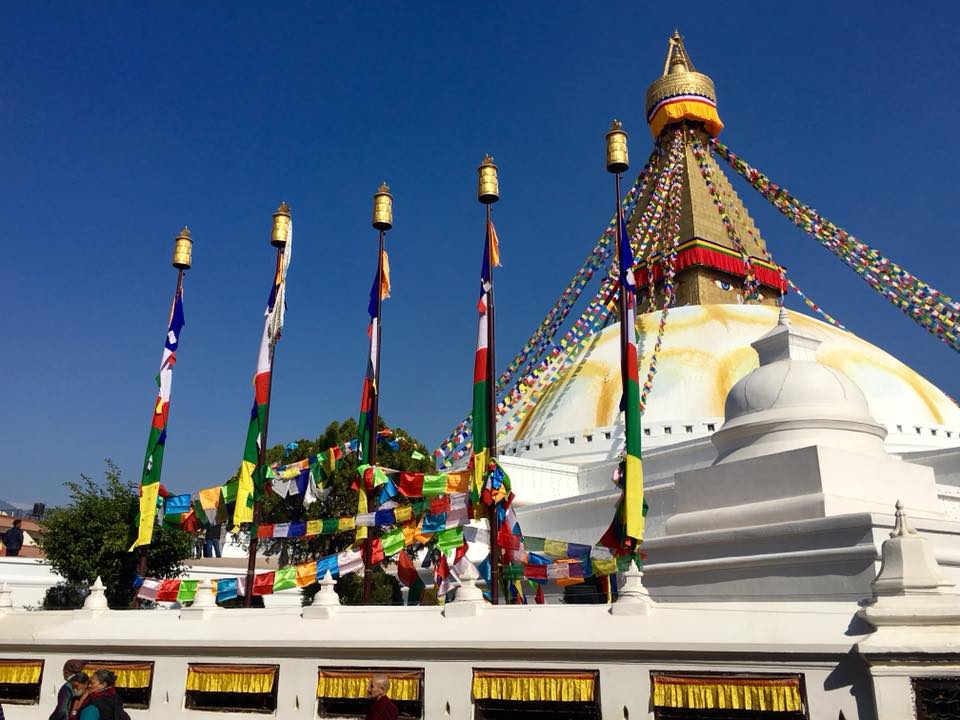
Perhaps most memorably, another student and I were witness to a cervical discectomy (removal of one of the spinal discs in the neck) in the presence of three head neurosurgeons. The Professor, Associate Professor and Senior Lecturer were relentless with their questioning, but also talked us through every step, even letting us observe through the microscope as they went. Such an amazing experience!
Interestingly, many of the cases were handled similarly in Nepal as they are back home in Australia, albeit with some differences. ‘Sterility’ procedures – while generally followed – tended to be a bit different. For context, the neurosurgical procedures mentioned above produced quite a bit of blood and other stuff, most of which ended up on the floor.
That said, I was actually very impressed with the healthcare delivery in general.
As well as observing procedures, I learnt many skills during my placement in Kathmandu. I developed my patience and time-management; the hospital was very busy, and sometimes it was relatively quiet. The key was learning how to use my time well and efficiently in both situations. Sometimes that meant furiously taking notes or working through case files, and other times that meant discussing interesting cases with doctors. A tricky one, but definitely a worthwhile skill.
I gained a greater appreciation of the Australian healthcare system: I had taken for granted the fact that my home country had such an amazing health care system. Hearing how countries like Nepal are unable to subsidise many necessary medications or procedures (or at least, less efficiently) has put into perspective how lucky many of us in the Western healthcare system actually are. For example, MRI’s are not very common at all in Nepal.
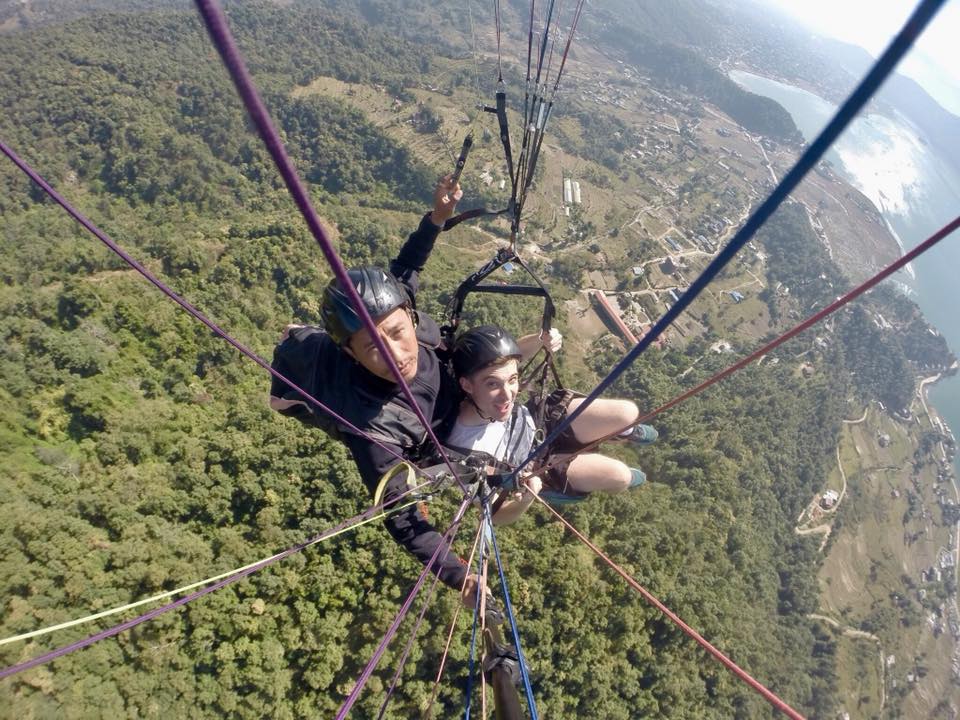
I also learnt more about the importance of engagement and research. There were many things I heard about or saw on placement that I had limited (or no) previous understanding of. It would have been so easy to ignore them, but instead I found that spending time exploring these things in greater depth – either through discussion or my own research – was hugely beneficial to my learning. If the doctors can see that you are keen to learn, they’re also much more forthcoming with knowledge and in letting you try things. I was even able to introduce a baby to its mum for the first time!
My trip to Nepal was one of the most exciting, challenging, and rewarding experiences of my life. I met some incredible people from all around the world, explored a beautiful country, and learnt more medicine in 4 weeks than I could have possibly imagined! There’s no substitute for experience, so get out of your comfort zone and give it a shot! You’ll come back a changed person; I know I did.
